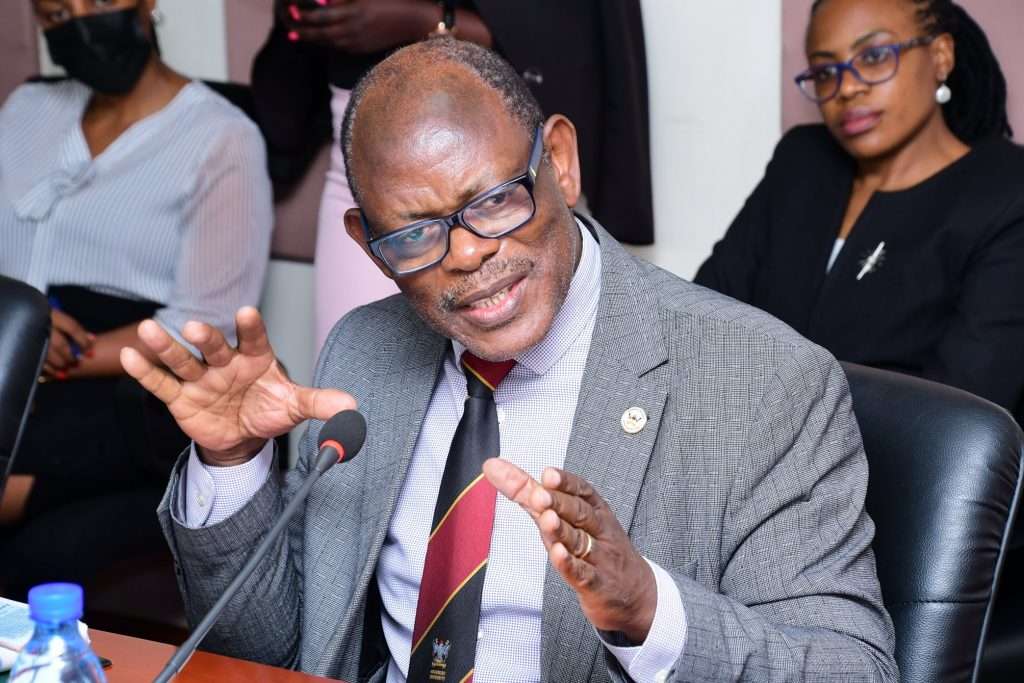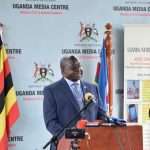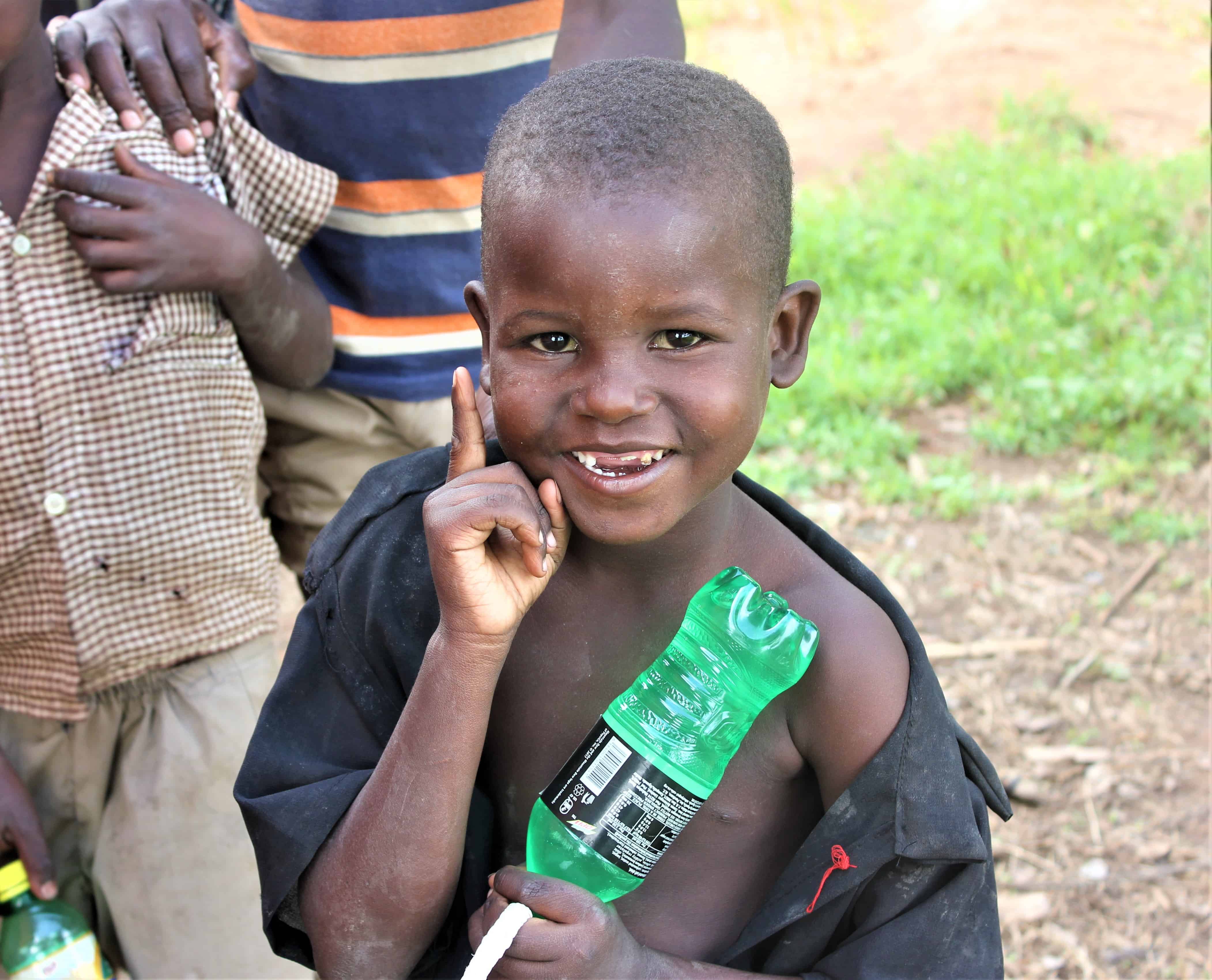The Vice Chancellor of Makerere University, Prof Barnabas Nawangwe has requested Parliament to review the food allowances given to government sponsored students saying that the figure is too inadequate to fully cover their needs.
Nawangwe who was in company of other officials from the University held cordial discussions with Rt. Hon. Thomas Tayebwa, Deputy Speaker of Parliament, the Government Chief Whip Hon. Obua, the Opposition Chief Whip Hon. Nambeshe and Parliamentary Commissioner Hon. Silwanyi.
He said they should consider increasing the current sum of sh4,500 to sh10,000 remitted per day per student to help them cope with the ever costs and standard of living.
The Vice Chancellor said the allowances were set over 20 years ago which has left many students now hit hard more so at this time when commodity prices have also skyrocketed.
Giving hope to Nawangwe and his team, the Deputy Speaker promised Parliament is going to look into the matter and see how the said figures can be increased to help sustain students at the Institution.
“As Parliament, we shall sign an MOU with Makererere University so that experts from the University can always support Parliament in its Legislative role. I also task the leadership to work towards doubling the number of critical human resource without compromising on standards,” Tayeebwa said.
“I will look into the issue of funding. When you look at Shs 4,500 given to each student, it is very little and cannot be enough for three meals a day even if one is eating a rolex or kikomando,” he added.
This however, comes at a time when commodity prices including fuel still remain high with a litre of diesel being sold between sh5,000 and sh7,000 depending on the location while that of petrol is also being sold around the same figures.
Addressing the nation in his recent addresses, President Museveni said government at the moment will not provide any immediate solution to the issue of skyrocketing prices.
The president who also ruled out the possibility of subsidising prices said subsidies will lead to the encroachment of the foreign reserves, which are $4b, and then create a situation similar to what is in Sri Lanka where the country’s foreign reserves dropped because they couldn’t import fuel and other necessities, prompting protests and the fall of the government.
Museveni suggested it is better to continue buying commodities expensively than facing a shortage. He said shortage of tax collection will also stall many development projects.
“There is a difference between high prices and a shortage of commodities, so which is better? In this situation, the biggest challenge is that we can no longer have plenty,” he said last month in one of his addresses.
“Taxes are meant for development. We want to build new roads and other projects and when we cut taxes or subsidize commodities, the projects are stopped and money is taken for eating and buying fuel to drive cars,” he added.



